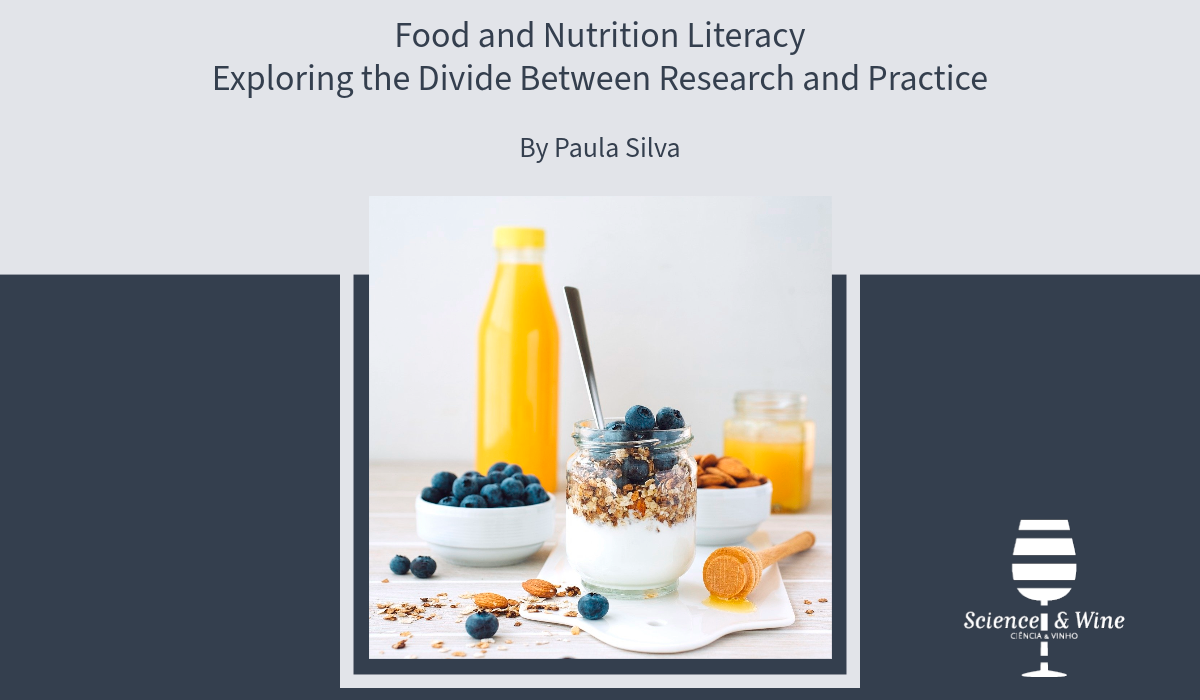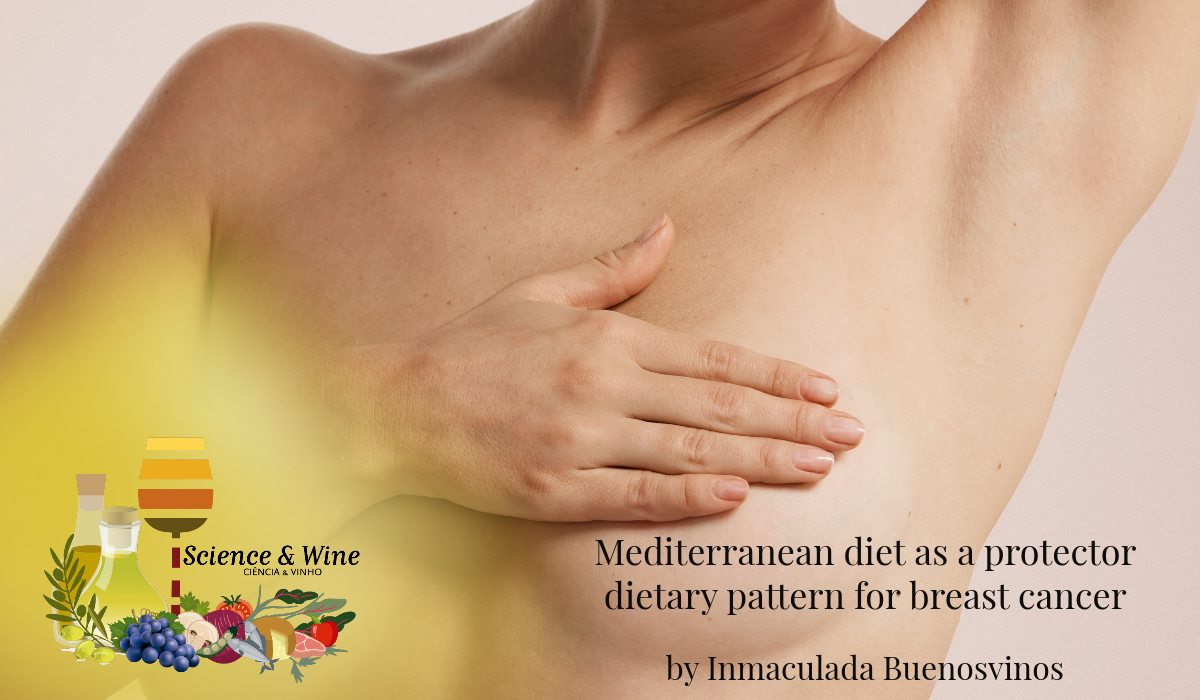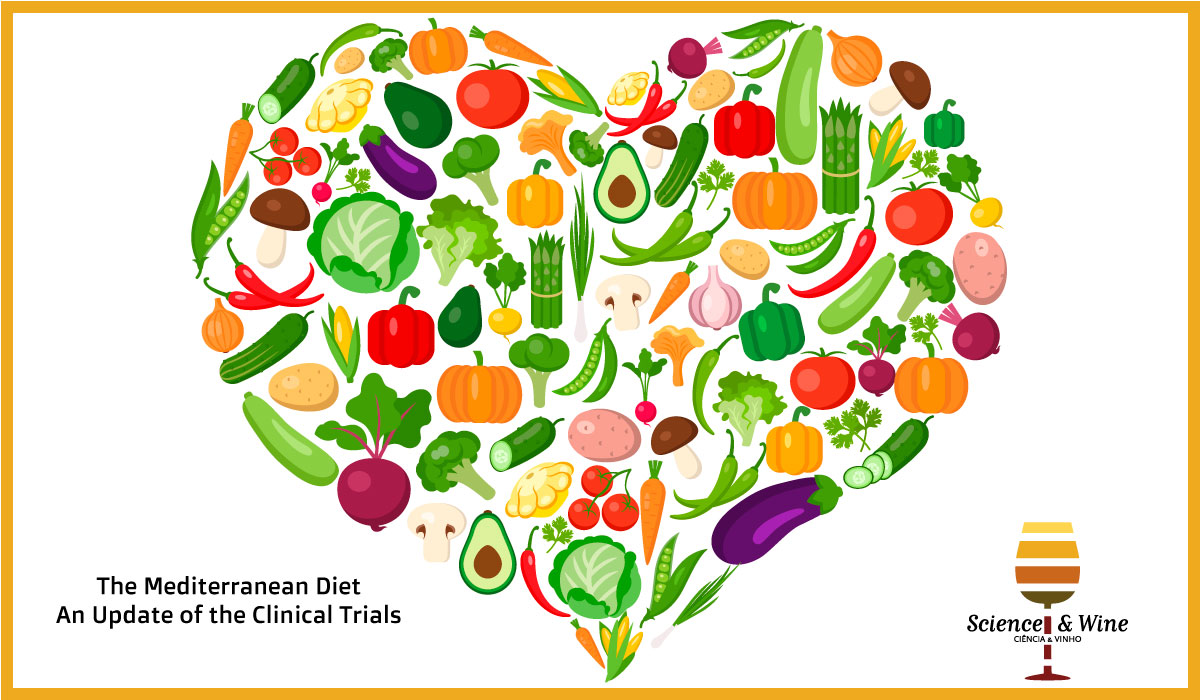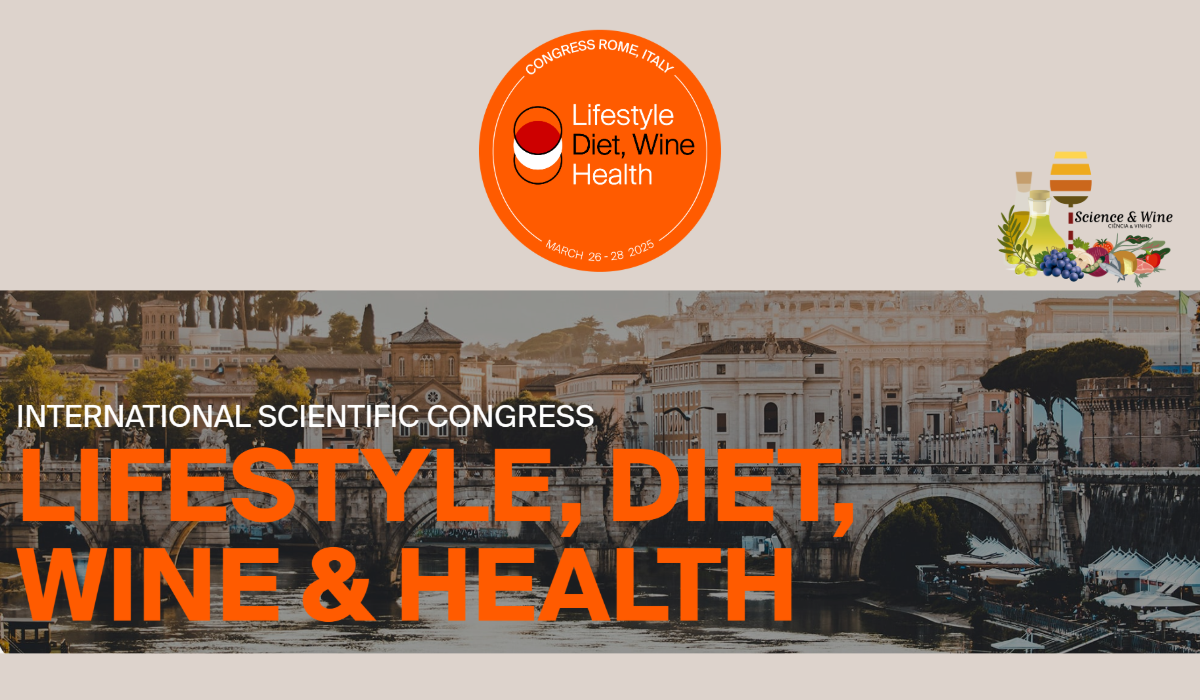The second edition of the “Lifestyle, Diet, Wine & Health” congress, partnered with Science and Wine, will be held in Rome, Italy from March 26-28, 2025. This international event brings together leading scientists to present the latest research on healthy lifestyles, combining information on active living, balanced Mediterranean-style diets, and moderate wine consumption.

The impact of the Mediterranean diet on immune function in older adults
Introduction For decades, epidemiologists have debated the limitations of traditional causal models of diseases that focus on the linear and sequential views of causality. The recent shift towards understanding the interplay between social, environmental, and biological factors in shaping health over a lifetime marks a significant evolution in public health approaches. Aging is not a…

The Mediterranean diet: a historical perspective
The Mediterranean diet originated in the Mediterranean basin and initially consisted of staples, such as olives, grapes, and wheat, which have a long history in the region. Over time, diet evolved due to various historical influences, including the introduction of wild and uncultivated products, game meat, pork, and vegetables during the barbarian invasions of the Roman Empire between 400 and 800 AD. The Arab influence in the ninth century brought a significant shift towards carbohydrate-rich foods, particularly dried pasta, as well as a variety of spices and seasonings. The discovery of the Americas introduced new ingredients, such as turkey, potatoes, corn, tomatoes, strawberries, pineapples, coconuts, and peanuts, along with chocolate, coffee, and sugar, which enriched the Mediterranean diet and made it as varied and rich as it is today. These historical developments have contributed to the rich diversity of the Mediterranean diet, making it a dynamic and continually evolving cuisine that reflects the fusion of cultures, ingredients, and culinary techniques across centuries and continents.

Underrated aspects of a true Mediterranean diet: understanding traditional features for worldwide application of a “Planeterranean” diet
This study explored the multifaceted nature of the Mediterranean diet, beyond its commonly recognized health benefits. It argues that traditional assessment methods focusing on specific food items and dietary scores fail to capture the diet’s cultural, environmental, and lifestyle dimensions. The paper emphasizes the holistic essence of diet, deeply embedded in the history and traditions of the Mediterranean people, which includes a diverse array of foods, social dining practices, and sustainable local agricultural methods. This paper suggests that future research should integrate these underrated aspects, considering the diet’s broader cultural and lifestyle context, to truly understand its impact on health and well-being. This comprehensive approach would allow for the application of a ” planeterranean ” diet globally, promoting not only nutritional health but also environmental and social well-being.

Association of plant-based dietary patterns with the risk of type 2 diabetes mellitus using cross-sectional results from RaNCD cohort
This study examines the relationship between plant-based diets and the risk of Type 2 Diabetes Mellitus (T2DM). Using data from the Ravansar Non-Communicable Disease cohort, it included 7,100 Kurdish participants, after excluding those with certain health conditions and dietary extremes. The research assessed the association between a Plant-Based Diet Index (PDI) and T2DM incidence, using a food frequency questionnaire to evaluate participants’ diets.

Nutrition literacy status and its association with adherence to the Mediterranean diet, anthropometric parameters and lifestyle behaviours among early adolescents
As the new school year begins, families are faced with the usual daily preparations. Questions arise about what lunch choices kids will make and what snacks they’ll consume. Parents of teenagers often assume their children can handle these decisions independently. But are they truly capable? What is the level of food literacy among our youth, and have we adequately prepared them for independence and autonomy? In this context, I came across an article published in August titled “Nutrition literacy status and its association with adherence to the Mediterranean diet, anthropometric parameters, and lifestyle behaviors among early adolescents.”

Food and Nutrition Literacy: Exploring the Divide Between Research and Practice
This study addresses the growing recognition of the importance of food and nutrition literacy, while highlighting the limited research in this field, particularly the gap between research and practice. Existing studies have primarily concentrated on defining and measuring food or nutrition literacy. Although interventions targeting food and nutritional literacy have shown promise in promoting healthy eating, further research is required to identify effective approaches in diverse populations and settings. This study emphasizes the need for additional research to measure intervention program efficacy to enhance the policies and practices in this critical area of public health. These findings underscore the importance of understanding food/nutrition literacy and developing effective interventions to promote healthy eating habits. By bridging the research–practice divide, this study provides valuable insights for policymakers, practitioners, and researchers to address the gaps and improve food/nutrition literacy in various contexts.

Mediterranean diet as a protector dietary pattern for breast cancer
Cancer is currently the most common cause of premature mortality in most developed countries and ranks second in terms of global mortality, accounting for 9.6 million deaths in 2018. Moreover, the incidence of cancer is expected to increase as the population ages. Among environmental factors, cumulative lifetime exposure to oxidative damage has been suggested to be involved in both cancer initiation and progression. Diet, a potentially modifiable lifestyle risk factor, may contribute up to 35% of cancer cases, which highlights opportunities for cancer incidence prevention.

The Mediterranean Diet: An Update of the Clinical Trials
The Mediterranean Diet (MedDiet) is a term used to identify a dietary pattern originating
from the unique multi-millennial interplay between natural food resources and the eating practices
of people living in the Mediterranean basin. The majority of MedDiet’s beneficial effects could be primarily related to its anti-inflammatory and antioxidant properties as well as the effectiveness of this dietary pattern in controlling waist circumference and obesity. Moreover, strict, and long-lasting adherence to the MedDiet as well as the beneficial effects of specific components (e.g., olive oil or its polyphenols) seem to emerge as useful insights for interventional improvements. These findings present further insights into the MedDiet’s resources and how it could strengthen overall public health.

3rd World Science & Wine: Sustainability of wine production and food systems in the Mediterranean region
As promised, we will maintain the organization of the World Congress every two years. The 3rd World Science & Wine Congress will be from 14 to 16 June 2023 in Vila Nova De Gaia and the Douro region. The topic for this scientific meeting here will be “Sustainability of wine production and food systems in the Mediterranean region”.

